How Digital Health Supports Fitness and Daily Wellness

Technology has revolutionized almost all aspects of our lives. This includes how we approach our health and wellness. Digital health tools have become an integral part of how we manage our fitness and wellness. These innovations provide personalized and accessible methods to monitor our health and stay active while maintaining a balanced lifestyle. Digital health empowers people to […]
How Telemedicine Is Transforming Digital Health
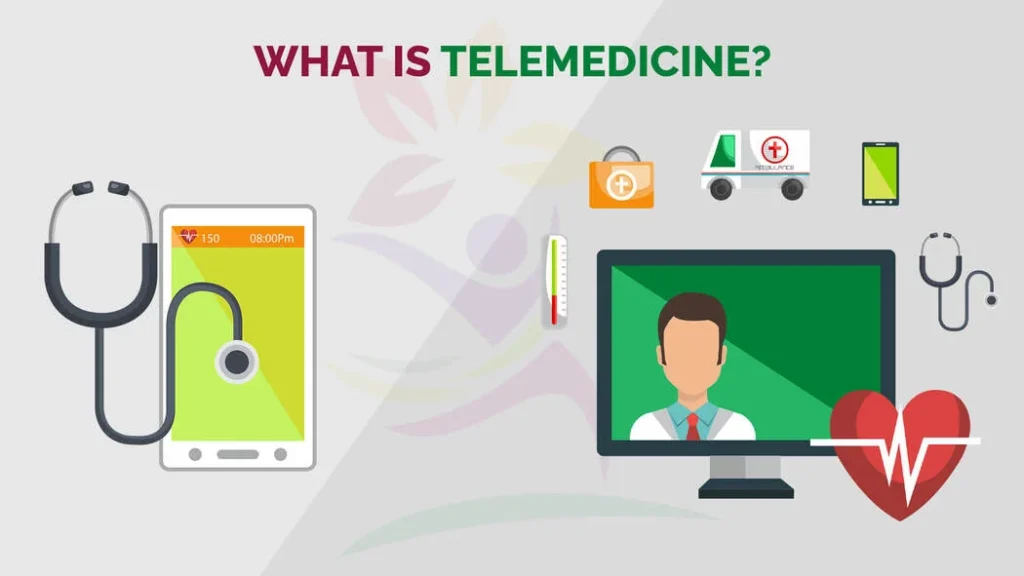
Telemedicine allows patients and physicians to communicate from a distance, which reduces travel-related stress, time, and expense for both parties involved. Digital practices necessitate less space and operating expenses, thereby freeing up funds for treatment technology or direct patient reimbursement.Physicians are eager to embrace technological integration. 87% of Sermo poll respondents feel telemedicine has gone […]
Digital Security for Smartphones: What You Need to Know
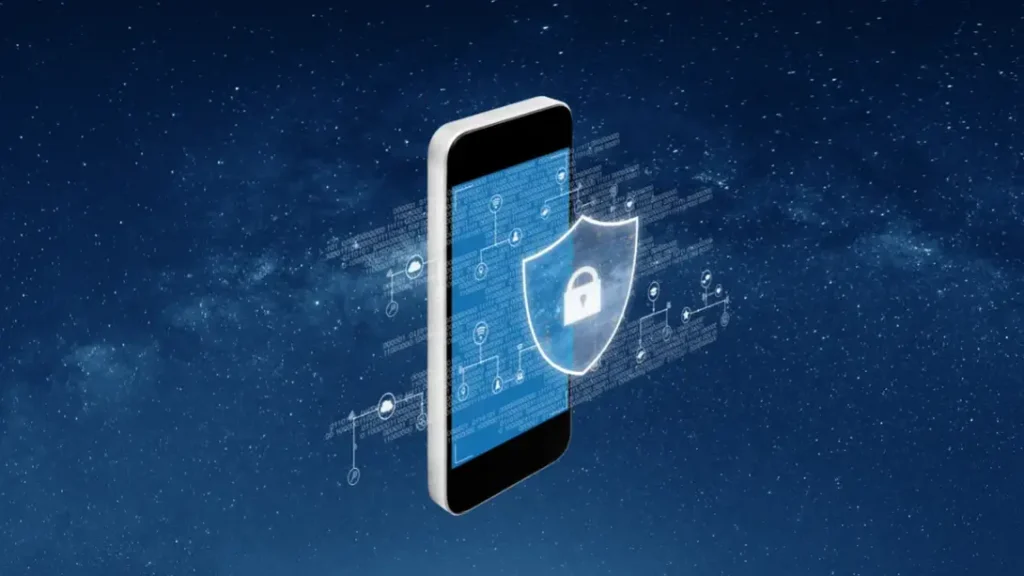
We can’t live without our smartphones. We use them to communicate, shop, bank, store photos, and even record work tasks. Cybercriminals want to steal our phones because they contain a wealth of personal and financial information. Because smartphones are always with us, they are more vulnerable to theft or hacking than regular computers. It’s crucial […]
Remote Patient Monitoring in Digital Health: What to Know
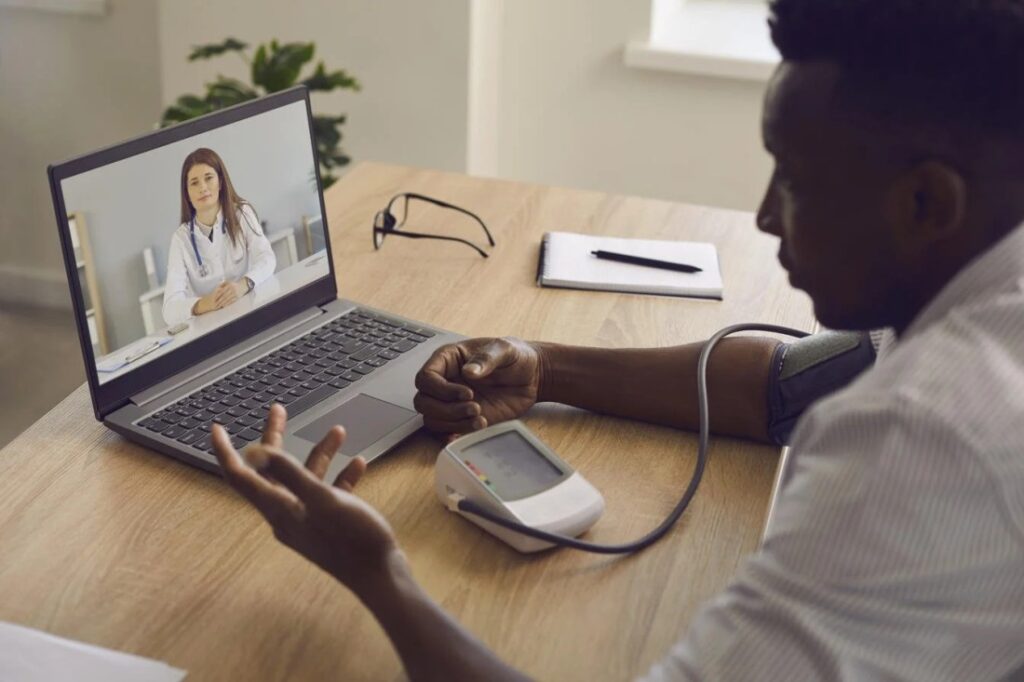
RPM systems allow staff to monitor data from remote devices and escalate issues for a doctor’s attention. This reduces the need for clinic visits, hospitalizations, and long-term care. Robust solutions enable patients to track their symptoms, vitals, and recovery progress with a customized dashboard that also includes reminders and personalized, just-in-time education. 1. Real-Time Data […]
How AI Is Driving Innovation in Digital Health

The healthcare industry is at a critical moment. Traditional approaches are at their limit due to rising costs, an aging population, and complex medical issues. Artificial intelligence is a powerful force that has revolutionized how we diagnose disease, personalize treatment, and create new medications. This shift in technology promises to make healthcare more precise, more accessible, and more […]
Virtual Care Solutions in Digital Health
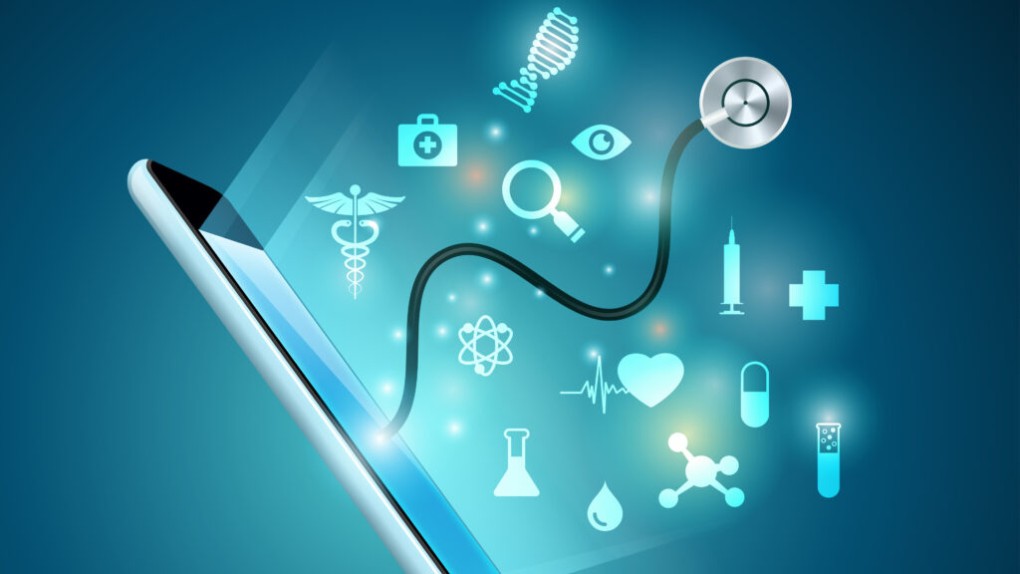
The healthcare landscape has undergone a dramatic transformation as virtual care solutions reshape how patients access medical services. Virtual care represents a comprehensive approach to healthcare delivery that leverages digital technologies to provide clinical services remotely, eliminating traditional barriers of time and distance. These solutions encompass a broad spectrum of services, from video consultations and […]
Digital Health Innovations Supporting Mental Wellbeing

Mental health is one of the most significant algorithms and health issues of our day, affecting millions of people worldwide. While traditional approaches to mental health care are valuable, they often face obstacles such as limited access, high costs, and stigma. Digital health innovations have revolutionized the way we view mental well-being, providing new paths to recovery, […]
Wearable Devices Shaping the Future of Digital Health
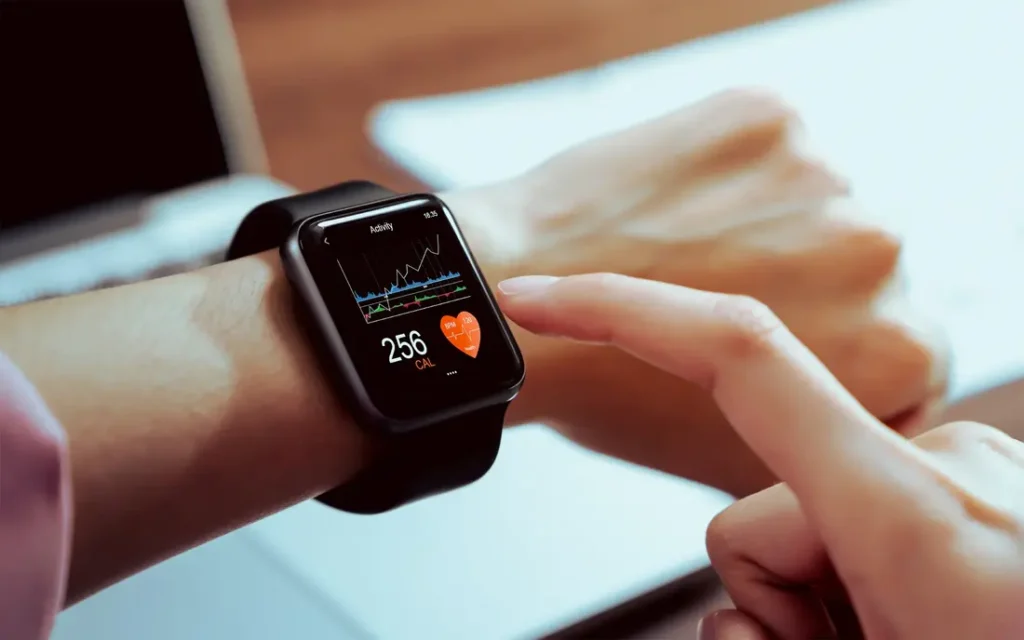
Sensor-based digital devices that gather information for patients and healthcare teams. Examples of such devices include biosensors such as glucose monitors, which remove the need for frequent finger pricking to help manage diabetes patients more effectively. These tools assist patients by encouraging healthier behavior and providing real-time monitoring of personal health status, as well as […]
Personalized Care in Digital Health: The Next Frontier

Digital health is transforming how we manage our well-being, moving beyond one-size-fits-all solutions to embrace a more individualized approach. This shift toward personalized care combines technology with personal health data to offer treatments and wellness plans tailored specifically to each person. By understanding this evolution, we can better appreciate how digital tools are making healthcare […]